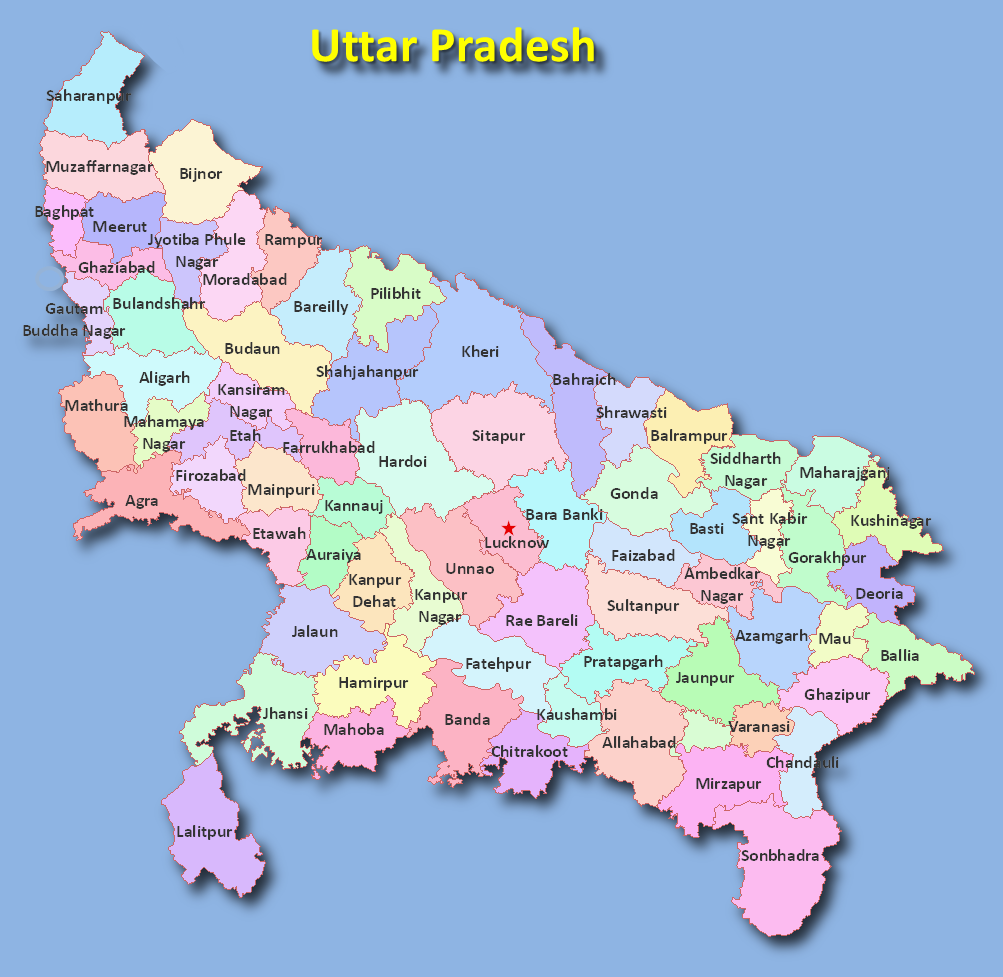A report on the performance of MPs from Uttar Pradesh

By Kashif-ul-Huda, TwoCircles.ent
Our Government is trying everything possible for progress of Uttar Pradesh - Prime Minister Narendra Modi, February 4, 2017 in Meerut, Uttar Pradesh.
Bharatiya Janata Party (BJP) came to power in Delhi in May 2014 on the promise of “Sabka saath, sabka vikaas” i.e. all together and development for all. In the public meeting in Meerut, Mr. Modi also said, “We are willing to do everything for the growth of UP. To change the fortunes of UP change the government in the state.”
This claim suggests that since winning the 16th Lok Sabha, BJP has been working for the progress of the state of Uttar Pradesh (UP) and that if they also to win the UP Assembly election in 2017 they will do everything possible for the growth of the state. But how do you measure the performance? We decided to look at the performance of people’s representative i.e. individual MPs from the state of Uttar Pradesh.
Following are some indicators of an MP's performance:
a. How much of the funds available to the MP through the Member of Parliament Local Area Development Division (MPLAD) were actually utilized?
b. How many questions did the MP raise in Parliament?
c. The debates they have participated in Parliament?
d. Attendance record
The larger question is: Are these MPs able to represent the interests of their constituents once they get to the apex law-making body in India? TwoCircles.net (TCN) has gathered the Member of Parliament Local Area Development Division (MPLAD) scheme data for all 80 MPs from UP.
Further, to test the claim of “Sabka saath, sabkaa vikaas,’ we paid a closer look at two types of seats:
1. 16 seats where population of Muslims is greater than 20%. These seats will be referred as “Muslim Seats” in this document
2. 17 reserved seats where only Dalits who come under Scheduled Caste category can contest. These seats are referred as “Dalit Seats” in this document.
The report was compiled by TwoCircles.net and was sponsored by Indian American Muslim Council (IAMC).
Observations:
• There are whopping 333.6 crores of MPLAD funds that remain unspent. 71 crores of these funds are allocated for 17 reserved seats.
• All “Muslim” and Dalit (reserved) seats are represented by BJP. Three “Muslim seats” are reserved i.e. only SC candidates can contest from there.
• Three ministers come from the "Muslim" seats, however only one of the MPs from reserved seats was made minister. Ram Shankar Katheria representing Agra was made minister of state for Human Resource Development but he was dropped from the cabinet in July 2016. Krishna Raj from reserved Shajahanpur was made minister when Katheria was dropped i.e. number of Dalit ministers from UP remained one.
• BJP has 10 female MPs from UP and five of those are from reserved seats and three of those five seats are also "Muslim seats."
• Average of the percent utilized for MPLAD funds drops for “Dalit seats” to 58.9% while it goes up significantly for “Muslim seats” to 67.8% while the average of all seats is 60.8%.
• Average of debate participation by MPs drops from 54 for all to 44 for “Muslim seats” and to only 29 for “Dalit Seats”.
• Average number of questions by all MPs is 99, for Muslim seats 98, and drops significantly for Dalit MPs with just 85 questions. Three Dalit MPs have zero questions asked; one of them has so far asked just one question in the last 2.5 years.
• Out of total of 93 private member bills presented in the parliament by UP MPs only FOUR are from Dalit MPs.
• Marginalization of Dalit MPs is very clear when analysis is made in contrast to the performance of MPs representing “Muslim seats”.
Download the full report here.
